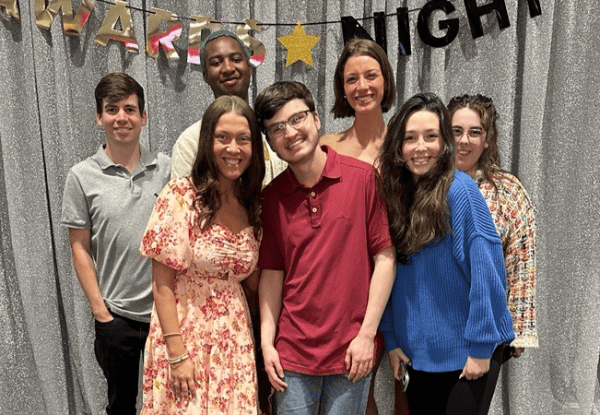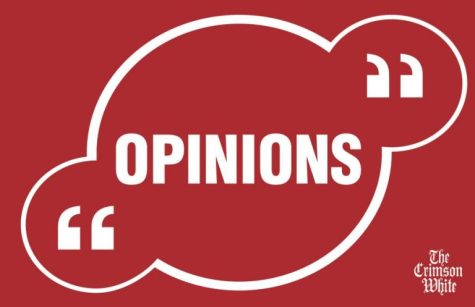Social media cleanses are overrated
October 10, 2019
The pop-culture social media detox is one of the “health trends” that I refuse to get behind. We all see our friend’s or a celebrity’s occasional “signing off” post, and numerous blogs post about the stress-relieving powers of saying goodbye to Facebook, Instagram, and Snapchat.
During my senior year of high school, my English teacher assigned a week-long social media cleanse while the class was studying Emerson, Threrou, Whitman and other transcendentalists. We were also supposed to spend one hour outside, contemplating and writing, in order to get in touch with our true selves. I had only heard about other people doing social media cleanses, so I was eager to experience being completely present in the world.
Despite my excitement, the assignment ended up being underwhelming. At the start of the assignment, I found myself reaching for my phone way more than expected, like in between classes, sitting at lunch, or doing homework, but I quickly adjusted after deleting most of my apps. The struggle became more about just breaking the habit of gravitating towards my phone rather than really missing social media.
On average, I use my phone for two or three hours a day, including time spent texting, calling and going on the internet. My notifications are always off, so maybe I was not a great candidate for the assignment. The cleanse did not enhance my life or relieve stress, but it was not bad either. My productivity, at home and in school, did benefit. For a behavior to be effective and considered healthy, it should be a lifestyle change. After one extreme week of no social media, I went back to my normal habits. A social media cleanse is similar to a week long juice diet or three days of exercising. None of those things will be impactful in the long run.
In an interview with Affinity Magazine, high school junior Ellen Cheng describes the “life changing effects” of her social media cleanse as “profound” improvements in mental health, confidence, and anxiety because she was no longer constantly comparing herself to her followers. Although taking a break from social media did make Cheng feel better, it seems that being able to appreciate life while still using social media would strengthen mental health and confidence. People who have more money, more friends and more fun still do exist, even without social media highlighting this inevitable fact that we must accept.
Instead of extreme binges of social media use and complete radio silence, we should just be responsible with the time and emotional attachment that we invest in social media. It is possible to still be productive and mentally healthy with certain apps on our phones. We just have to prioritize these other things ahead of our screens. Social media has the potential to be stressful, distracting, and overwhelming, but a constant self-moderation is key to not letting social media take over our lives so much that it must be completely eliminated from our lives.










